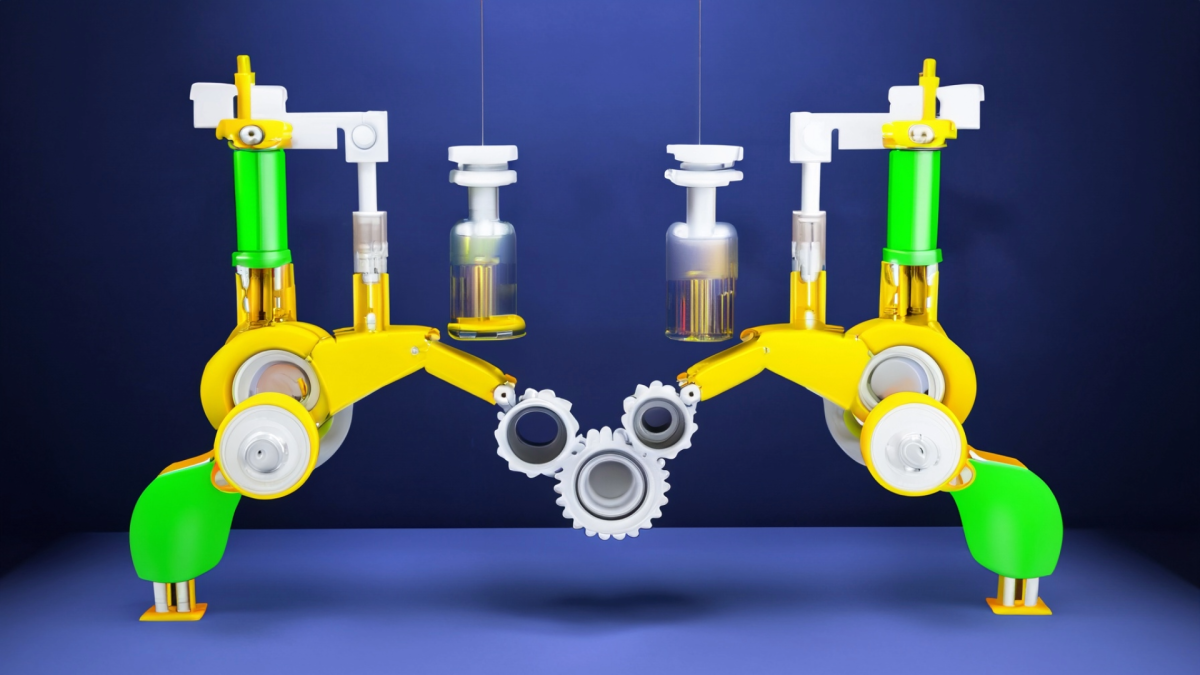Grades:
10th Grade, 11th Grade, 12th Grade
This is a two day lesson plan where the first day a local accountant will come and present about investments and their exponential properties, followed by a small activity to help make the nature of
Grades:
6th Grade
In this 1-day lesson, students are challenged to collaborate with their teams to create a plan and use PVC halves to transport 1 golf ball 75 feet without touching the ball or allowing the ball to
Grades:
2nd Grade
In this engaging lesson, students discover what a volcano is and what causes it to erupt. There is a literacy integration, video resources, and other helpful information included.
Grades:
3rd Grade
Students will describe the role of pollinators and explain their effects. They will be able to identify how the life cycle of a plant and a pollinator are connected. Students will also get to explore
Grades:
7th Grade
The lesson gives an introduction to ASCII as part of a set of lessons that introduces computer science. Students learn what a computer can understand and create a bracelet in this introduction to
Grades:
5th Grade
For this 90 minute lesson students are going to watch an introductory video about how we inherit features and then they will do research on a website. In the project they will fill out a survey
Grades:
6th Grade
This lesson starts by discussing/learning what is matter, the states of matter, and the properties of matter. It continues with what is mass and how to measure it. Two labs follow: density of solids
Grades:
10th Grade, 11th Grade, 12th Grade
This lesson plan includes activities for a full unit on Fission and Fusion, which are included in our state science standards. Students will create models of fusion and fission using a free online
Grades:
5th Grade
Students will begin designing a container to keep and egg safe when dropped from various heights. As they begin the lesson, students will watch a video and discuss science and engineering practices
Grades:
3rd Grade
In this engaging lesson, students will discover that technology is not limited to electronics and cars, but that it is all around us. It is essential for students to understand that most things were
Featured
Dash Around the Table
Grades:
2nd Grade
This is about a one hour lesson where students work in small groups of 2-4 to get their robot around their table using estimation of centimeters. Students will write a program in Blockly that gets the
Grades:
6th Grade, 7th Grade, 8th Grade
In this engaging lesson, students explore and observe thermal shock by watching marbles bake and placed in ice water. Science and math concepts are covered in this unique lesson as well as visual arts
Grades:
5th Grade, 6th Grade, 7th Grade, 8th Grade
In this creative lesson, students explore states of matter as they fuse glass. During this process, students are actively engaged as they design an art piece, work on measurements, and collaborate
Grades:
7th Grade
This is Task 4 (Lesson 4) of four tasks (lessons) of an overall project of “Escaping 7th Grade Science Room." Students will construct a marshmallow device to propel marshmallows at force and collect
Grades:
7th Grade
Students will learn the parts of the microscope, how to calculate the magnification, how to focus the microscope, as well as draw what they see in the field of view. Students will also write their
Grades:
7th Grade
This lesson plan will help students appreciate the concept of volume. Students will measure the dimensions of the real-life prisms given to them then calculate its volume using the formula given
Grades:
6th Grade, 7th Grade, 8th Grade, 9th Grade
This lesson is part of a school-wide project to renovate a greenhouse and create a native seed library. This lesson is intended to create intrinsic motivation to engage in the project. This lesson
Grades:
4th Grade, 5th Grade, 6th Grade, 7th Grade, 8th Grade
In this hands-on lesson, students learn how to get their drone into the air. It covers hovering, yaw, roll, and pitch. Before the students launch their drones, there is a discussion about preparing
Grades:
9th Grade, 10th Grade, 11th Grade
In this lesson, students will be introduced to the concept of homeostasis with online research and then investigate how feedback mechanisms are used to maintain homeostasis during exercise during an
Grades:
10th Grade
The lesson plan is about energy transfer in an ecosystem using beads. Students will participate in an interactive simulation about energy transfer. They will collect data and ultimately create a class
Grades:
2nd Grade, 5th Grade, 6th Grade, 8th Grade
This can be taught at different grade levels, diving deeper when possible. Just delete what you don’t need. Students will be creating their own crystal by following the scientific method, collecting
Grades:
6th Grade
In this lesson, students will collaborate to design and engineer a product to contain and clean up an oil spill while saving the affected wildlife. They will also accurately complete an itemized
Featured
Flying High: Airplane Design
Grades:
5th Grade
In this engaging lesson, students explore the forces of flight and use the Engineering Design Process to improve the flight times and distance traveled with a paper airplane. Resources are included
Grades:
10th Grade
This lesson involves three scenarios where you calculate the frequencies of the dominant and recessive alleles. You will compare these frequencies for the 3 scenarios and discuss how they changed
Featured Lesson Plans
Check out these notable lesson plans.

Featured
Design a Course with Friction
Grades:
6th Grade, 7th Grade
In the second part of this lesson, students will now test how friction can change the speed of a RC car. Students will first test the RC car on three different surfaces of their choice and time them

Grades:
6th Grade, 7th Grade, 8th Grade
Calling all engineers, artists, scientists, and crafters! Our MAKER FAIRE is a venue for our “makers” to show off your talents, innovations, and creative solutions! Join the Maker Movement! Students

Featured
Rocket Science
Grades:
3rd Grade, 4th Grade, 5th Grade
This engaging lesson is a great introduction for space exploration units. This plan goes over the history of rockets, how they work, and how modern rockets help us explore the solar system. There are


